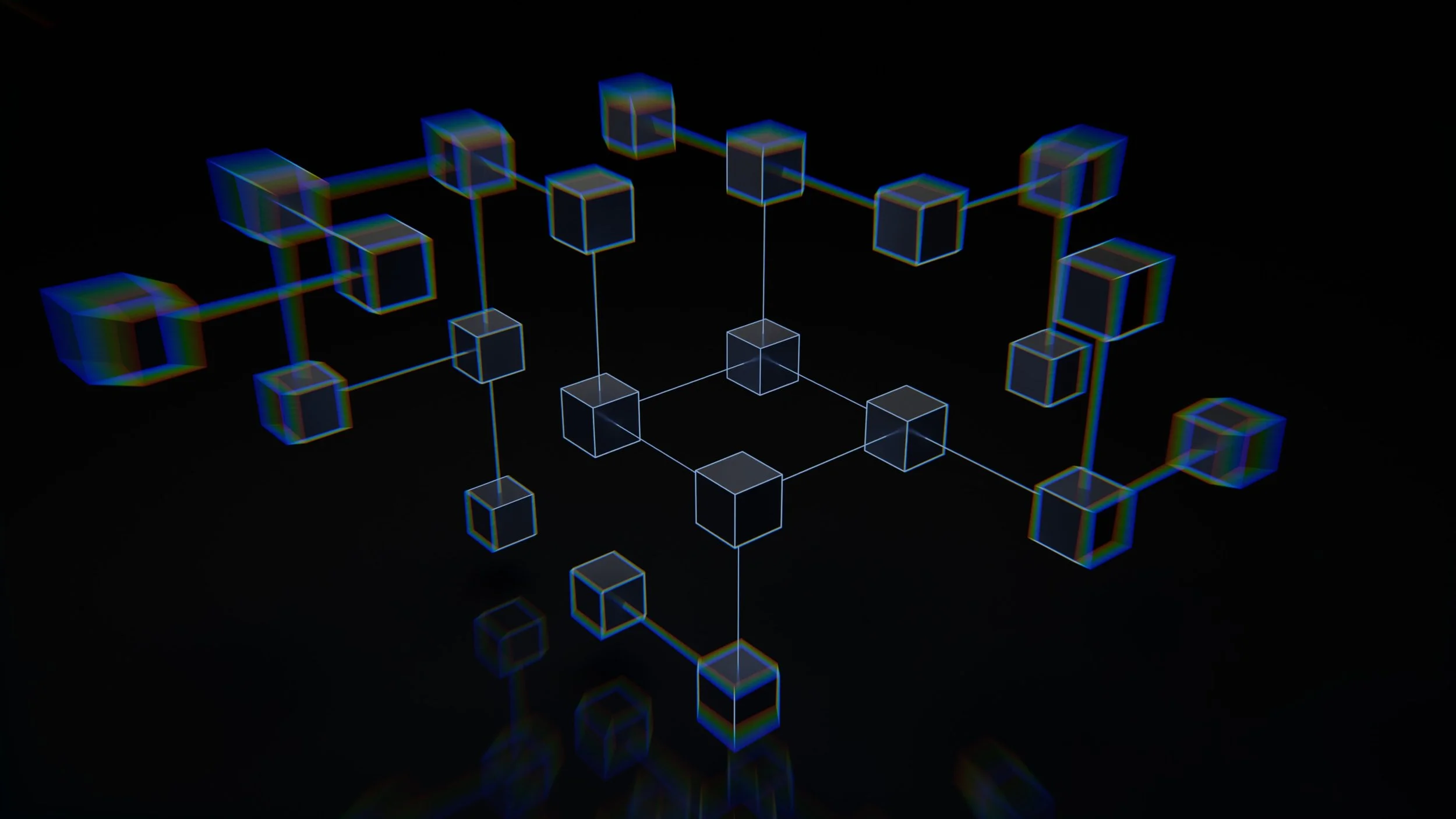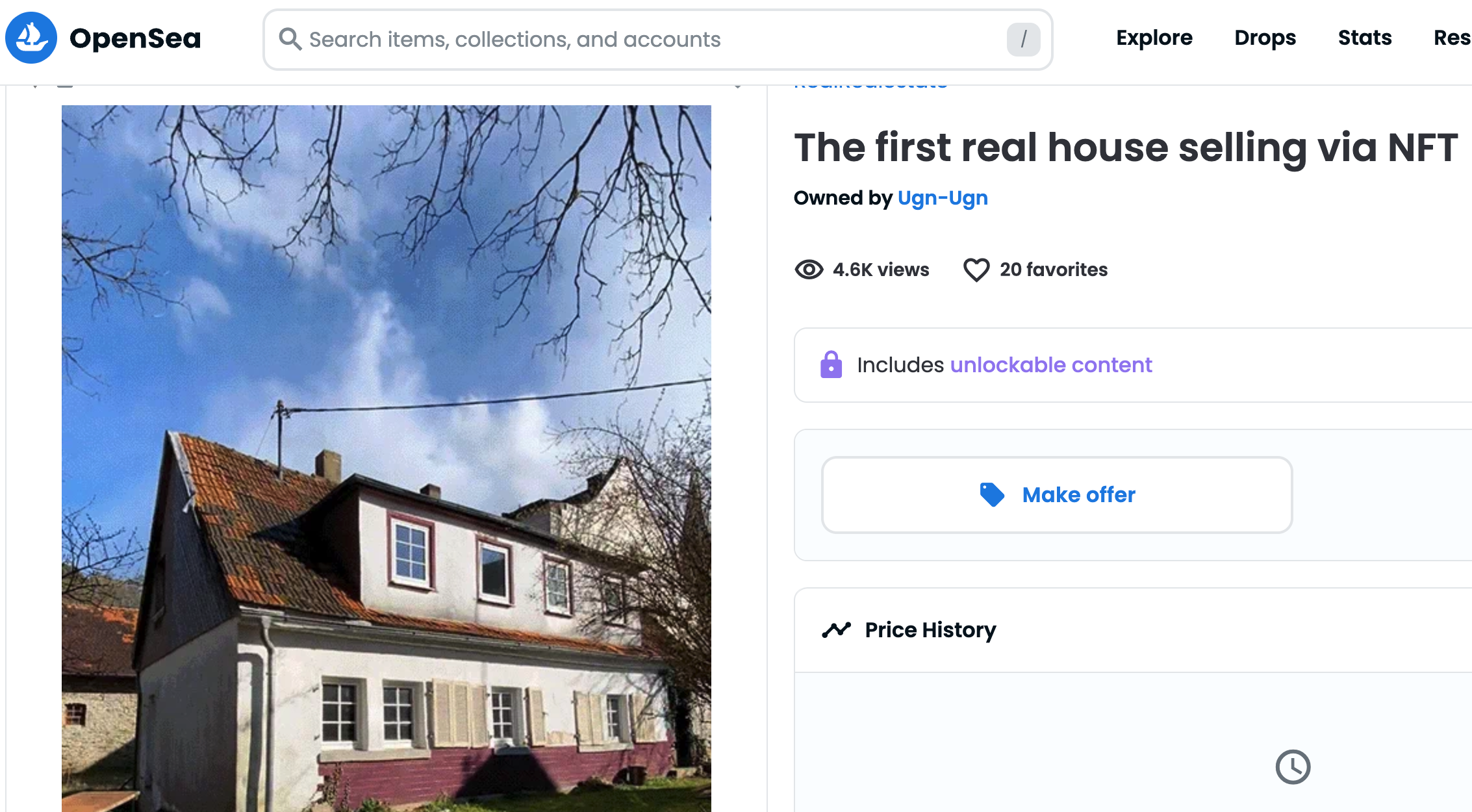No more middle people
It could be argued that just about any career based on providing services in between an exchange of other goods or services will be disrupted by blockchain technology. The ‘middle people’ may become no more. To understand why, let’s look at the function of these institutions and compare them to what the blockchain does.
Photo by Shubham Dhage on Unsplash
The world is full of agents, brokers, intermediaries, authenticators, managers, and more categories of individuals whose professional purpose is to facilitate a transaction between two other individuals or entities. There are real estate agents and mortgage brokers who facilitate the transfer of a house. There are bank managers who facilitate the transfer of payments. There are museum authenticators who facilitate the transfer of an artwork or relic by verifying its provenance. The list goes on; a collection of people who stand in the middle.
Now I have nothing to say about these people or the merit of their careers. In fact, in today’s world they’re mostly incredibly useful. But when the transfer of goods or services becomes facilitated by a permission-less, trust-less network; built on an open database known as the blockchain, there will simply be less need for trusted parties to facilitate the transactions I’ve mentioned above.
Houses will have their data stored on the blockchain and updated by inspectors. Exchanges like Opensea will facilitate them being bought, sold, auctioned, and more via the blockchain; without anyone’s assistance.
Supposedly, the first NFT of a house.
The money you own will be stored on the blockchain as well. When you want to send your friend a hundred bucks, a bank won’t need to undertake the lengthy and costly process of checking to make sure you have that money, finding your friend’s bank, communicating with said bank, and coordinating the transaction. Instead, a decentralized blockchain network will be capable of verifying and transferring that hundred bucks in a secure and accessible way.
Even art, which often has to be authenticated based on its provenance, will now have its records stored and updated on the blockchain—an immutable and public ledger that’s impossible to forge.
I don’t know the timeline of this future or exactly what it will look like. But what interests me more is what we’ll be able to accomplish as a society, without the need for third parties.



